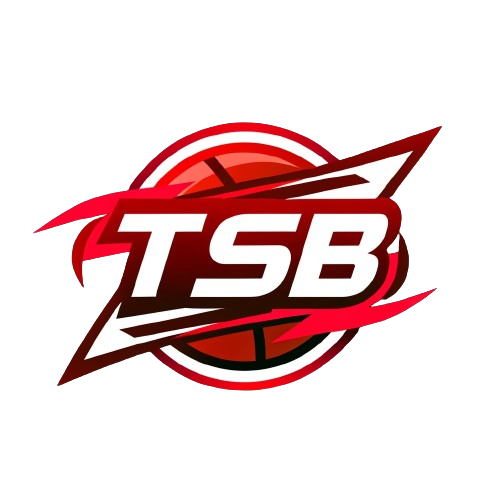As MMA has become more and more popular, people are looking for the same edge that the professionals get. “What should I eat, what should my workout routine be, and most importantly, what supplements should I take?” These are some of the most popular questions I have come across since following MMA. There are some athletes out there that have all the physical tools to be top fighters, but when raw athleticism is not enough, supplements can be just what their body needs to take them to the next level.
- Advertisement -
The number one supplement you hear about is always protein. Protein shakes have become so popular that you now see the giant tubs of the powder in the vitamin aisle at your local supermarket or by themselves at a sporting goods store. But what does this protein actually do? The most popular type of protein is whey. The advantage of using whey is that it has a lot of amino acids that can help preserve muscle tissue between workouts. This is also a way to put on body mass. Another reason why whey is popular is that it is also easy on the stomach and easy to digest. Taking a protein supplement will help reduce soreness and get your body the correct nutrients to help those muscles replenish and grow while you work out. For an MMA fighter, this is crucial. Most fighters train twice per day and need to feel fresh in order to train at their highest levels. Almost all fighters drink protein shakes. Some taste great, others don’t. To find the right protein supplement for you, check out the protein shakes that MMA fighters use that are available at Supps R Us. There are great product descriptions that can help with your desired need.
Amino Acid supplements are another way for a fighter to hone in on a specific area of their body’s performance. So, what is an amino acid? Amino acids in your food are what makes up protein. When protein is digested into your body, it is broken down into your body into specific amino acids. These will all go to make up all of the solid parts of your body: skin, bones, digestive tract, and most importantly, muscle.
- Advertisement -
There are eight essential amino acids.
Histidine: Needed for the growth and repair of tissue
Lysine: Used in the body for calcium absorption, which helps bone and muscle growth as well as fat mobilization for energy uses. Aids in the repair damaged tissue. Helps combat fatigue.
Phenylalanine: Allows for maximal contraction and relaxation of your muscles. This can also be used to elevate your mood.
Methionine: Assists in the breakdown and use of fats. You’ll get a higher testosterone rate as a result. This is one of the amino acids that makes creatine monohydrate within the body, which is an essential compound for energy production and muscle growth.
BCAA’s (Branched Chain Amino Acids): Are the three most important amino acids in the manufacture, maintenance and repair of muscle-tissue. Leucine, the strongest of the BCAAs, regulates blood-sugar levels, the growth and repair of tissues in skin, bones and of course skeletal muscle.
Isoleucine: Helps in muscle recovery, regulating blood-sugar levels and most importantly for fighters, it is involved in the formation of blood-clots.
Valine: Repairs and helps growth of muscle tissue.
Threonine: Aids in the absorption of protein, maintenance of muscle, is used to form and collagen and elastin.
- Advertisement -
There are about another 12-14 non-essential amino acids that your body produces only as it needs it, and are not everywhere in the foods that we eat. While a fighter will have plenty of non-essential amino’s in his or her body, sometimes they will need to use a supplement to enhance their intake.
Protein and amino acids aren’t the only supplements that MMA fighters take, but they are essential in reaching peak performance. Everyone’s bodies are not created equal, and require fine tuning. It’s great if your body runs like a Toyota Camry. Long lasting and dependable. But if you can make it perform like a Ferrari, why not tune it up?
